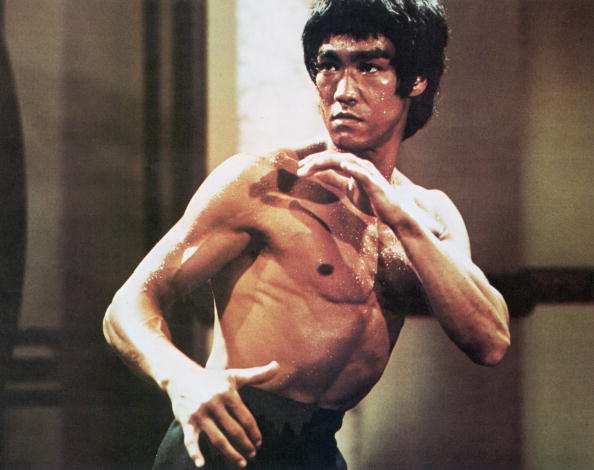
Bruce Lee the philosopher brought us some insightful comments on self-actualization. Now he’s back with more goodness.
In Bruce Lee: Artist of Life, Lee talks about the curative power of awareness.
The important thing to remember and to understand is that awareness, per se – by itself and of itself – can be curative. Because with full awareness you become aware of this organismic self-regulation; you can let the organism take over without interfering, without interrupting; we can rely on the wisdom of the organism. And the contrast to this is the whole pathology of self-manipulation, environmental control, and so on, which interferes with this subtle organismic self-control.
Our manipulation of ourselves is usually dignified by the word “conscience,” which is nothing but a fantasy, a projection onto the parents. The “road to hell is paved with good intentions,” and any intention towards idealistic change will achieve the opposite—the New Year’s resolutions, the desperation of trying to be different, the attempt to control oneself, and so forth.
If we are willing to stay in the center of our world, and not have the center either in our computer or somewhere else, but really in the center, then we are ambidextrous—then we see the two poles of every event. We see that light cannot exist without non-light. If there is sameness, you can’t be aware anymore. If there is always light, you don’t experience light anymore. You have to have the rhythm of light and darkness.
This piece originally appeared on Farnam Street.
Join over 50,000 readers and get a free weekly update via email here.
More Must-Reads from TIME
- Why Trump’s Message Worked on Latino Men
- What Trump’s Win Could Mean for Housing
- The 100 Must-Read Books of 2024
- Sleep Doctors Share the 1 Tip That’s Changed Their Lives
- Column: Let’s Bring Back Romance
- What It’s Like to Have Long COVID As a Kid
- FX’s Say Nothing Is the Must-Watch Political Thriller of 2024
- Merle Bombardieri Is Helping People Make the Baby Decision
Contact us at letters@time.com